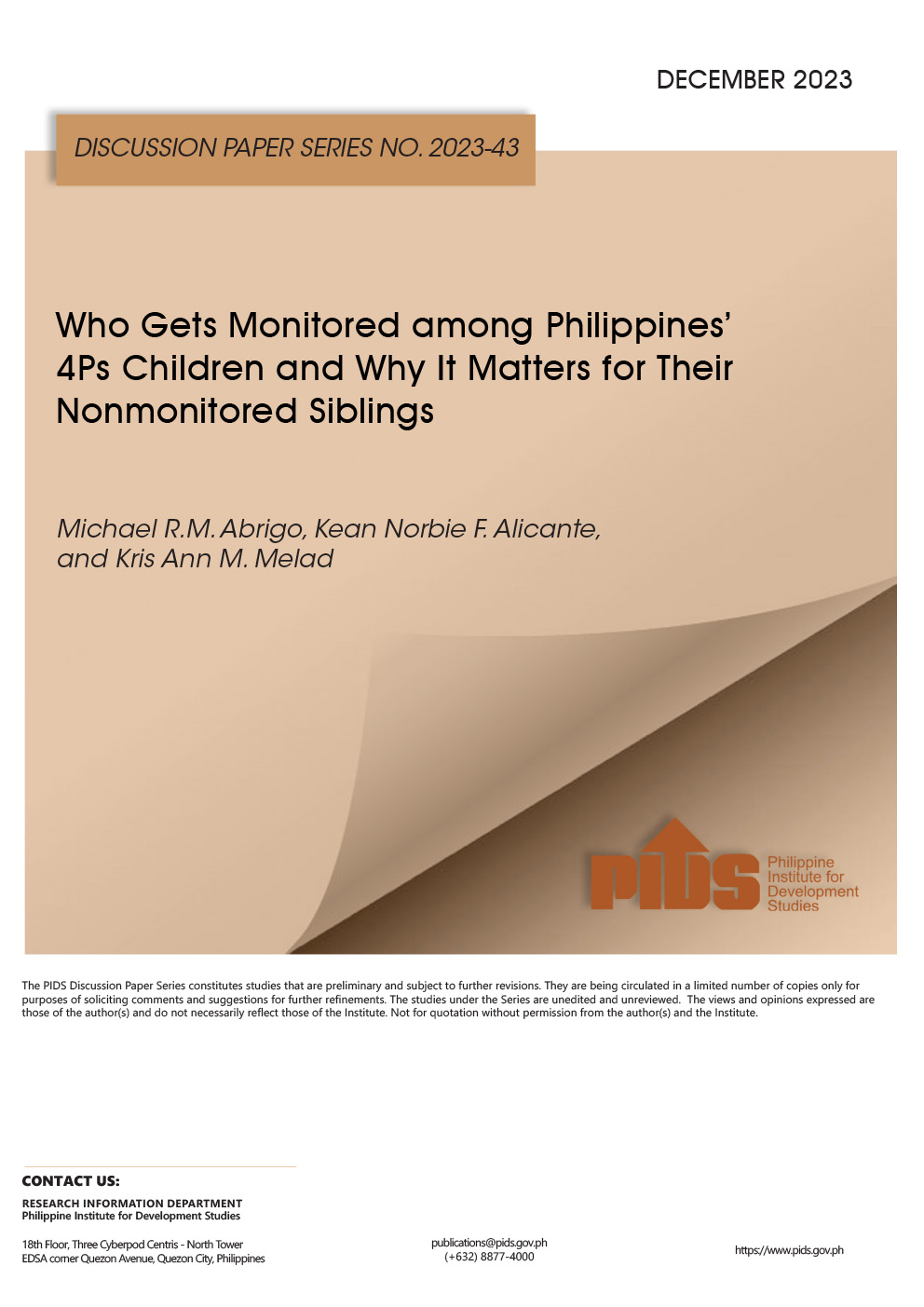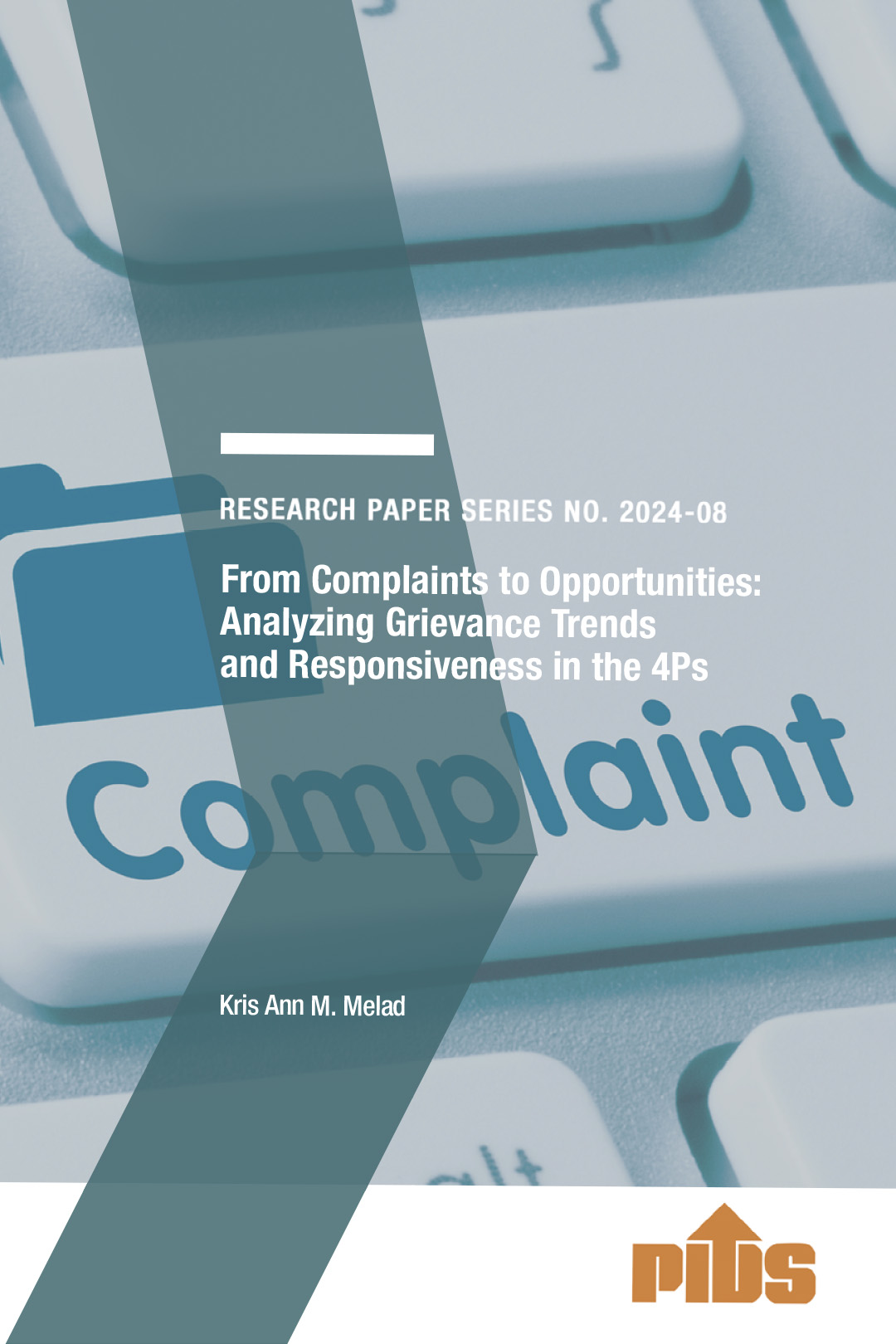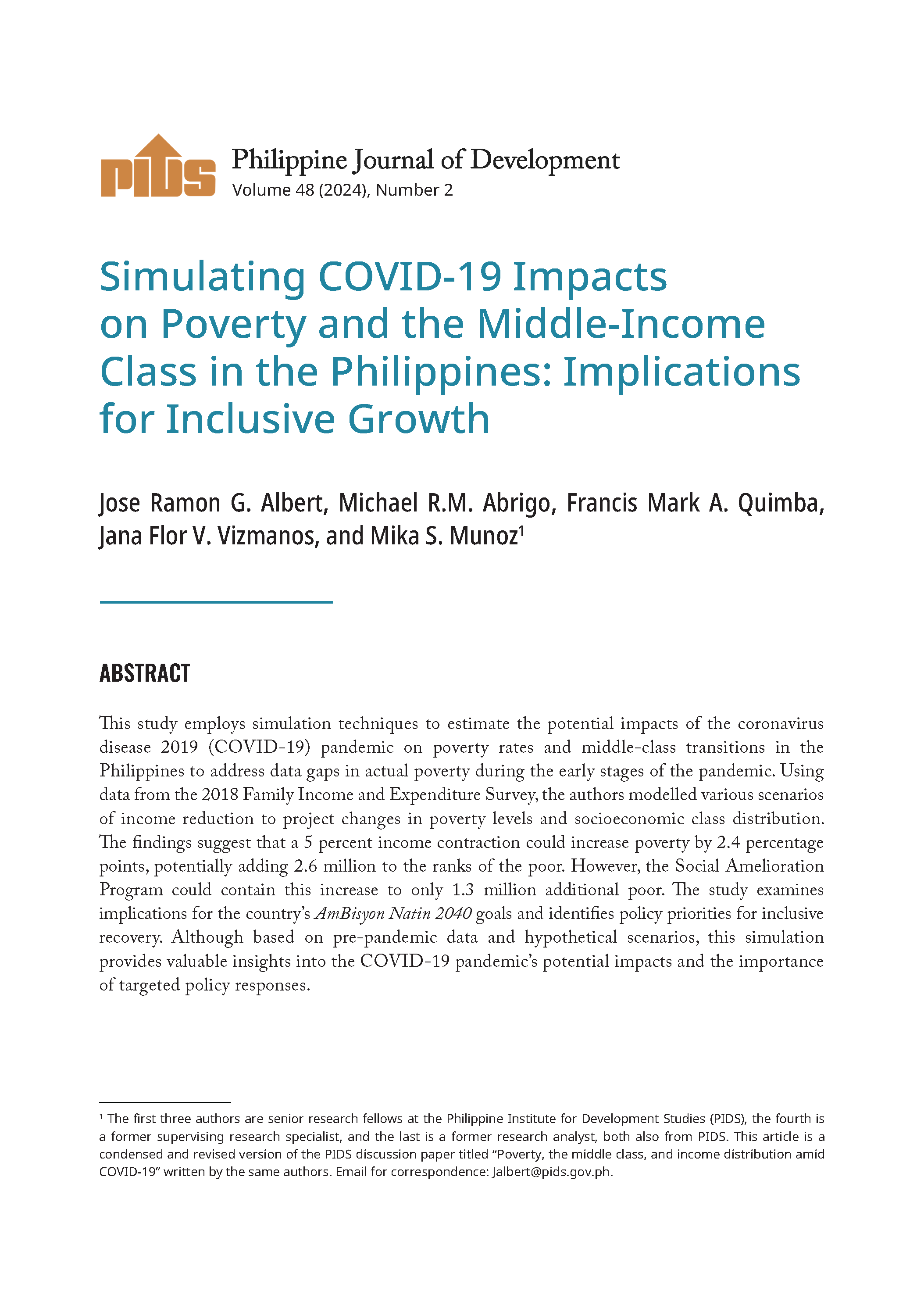Which children benefit from conditional cash transfers (CCT)? Using a sample of poor and near-poor households in the Philippines, this study shows that children in households that receive cash transfers from 4Ps, the country’s flagship antipoverty program, have parents with relatively low educational attainment. Within CCT-recipient households, children of heads are more likely to be enrolled for education monitoring. No evidence was found that households select children for education monitoring to maximize 4Ps cash payout. While children’s ranking based on birth timing and an earlier 4Ps prioritization rule predict child monitoring status, these instruments are, at best, weak, which may effectively limit their use in impact assessments. This study confirmed earlier findings that 4Ps raise school enrollment on average, which is likely driven by its impact on boys and older children. It also corroborates earlier results of the perverse effects on nonmonitored children, which worsen with age, are more severe for boys, and appear to be universal across household compliance types. Contrary to expectations, it was found that children in households who select out of 4Ps even when eligible (i.e., never treated) are likely to benefit greatly from the program. In contrast, those from households that select into the program even when ineligible based on proxy means tests (i.e., always treated) are not necessarily better off as a result of the program.
Comments to this paper are welcome within 60 days from the date of posting. Email publications@pids.gov.ph.













